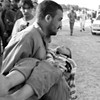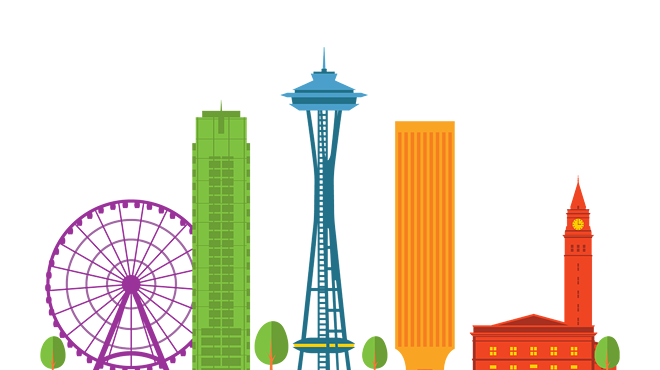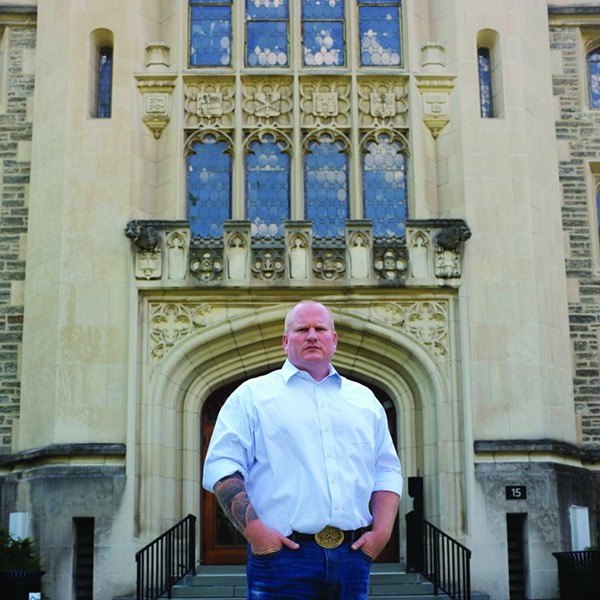Back on the Bus
It hurts to climb onto the bus when the doctor has just asked us to go and evacuate some more people. I hate the fact that a qualified medic can’t travel in the ambulance but I can, just because I look like the sniper’s sister or one of his mates, but that’s the way it is today and the way it was yesterday and I feel like a traitor for leaving. But I can’t see where I’ve got a choice. It’s a war now and as alien as it is to me to do what I’m told, for once I’ve got to.
Jassim is scared. He harangues his son Mohammed constantly, tries to pull him out of the driver’s seat while we’re moving. The woman with the gunshot wound is on the back seat, the man with the burns in front of her, being fanned with cardboard from the empty boxes, his intravenous drips swinging from the rail along the ceiling of the bus. It’s hot. It must be unbearable for him.
Saad comes onto the bus to wish us well for the journey. He shakes Dave’s hand and then mine. I hold his in both of mine and tell him “Dir balak,” take care, as if I could say anything more stupid to a pre-teen Mujahedin with an AK-47 in his other hand, and our eyes meet and stay fixed, his full of fire and fear.
Can’t I take him away? Can’t I take him somewhere he can be a child? Can’t I make him a balloon giraffe and give him some drawing pens and tell him not to forget to brush his teeth? Can’t I find the person who put the rifle in the hands of that little boy? Can’t I tell someone about what that does to a child? Do I have to leave him here where there are heavily armed men all around him and lots of them are not on his side, however many sides there are in all of this? And of course I do. I do have to leave him, like child soldiers everywhere.
The way back to Baghdad is tense, the bus almost getting stuck in a dip in the sand, people escaping in anything, even piled on the trailer of a tractor, lines of cars and pickups and buses ferrying people to dubious sanctuary, lines of men in vehicles queuing to get back into Fallujah—having gotten their families to safety—either to fight or to help evacuate more people. The driver, Jassim, ignores Azzam and takes a different road so that suddenly we’re not following the lead car and we’re on a road that’s controlled by a different armed group than the ones who know us.
A crowd of men waves guns to stop the bus. Somehow they apparently believe that there are American soldiers on the bus, as if they wouldn’t be in tanks or helicopters, and there are men getting out of their cars with shouts of “Sahafa Amreeki,” American journalists. The passengers shout out of the windows, “Ana min Fallujah,” I am from Fallujah. Gunmen run onto the bus and see that it’s true. There are sick, injured, and old people—all Iraqis. They relax and wave us on.
We stop in Abu Ghraib and swap seats, foreigners in the front, Iraqis less visible, headscarves off so we look more western. The American soldiers are so happy to see westerners they don’t mind too much about the Iraqis with us, search the men and the bus. They leave the women unsearched because there are no women soldiers to search us. Mohammed keeps asking me if things are going to be OK.
“Al-melaach wiyana,” I tell him. The angels are with us. He laughs.
And then we’re in Baghdad, delivering them to the hospitals, Nuha in tears as they take the burnt man off groaning and whimpering. She puts her arms around me and asks me to be her friend. I make her feel less isolated, she says, less alone.
The satellite news says the cease-fire is holding. George Bush tells the troops on Easter Sunday, “I know what we’re doing in Iraq is right.”
Well George, I know now too. I know what it looks like when you brutalize people so much that they’ve nothing left to lose. I know what it looks like when an operation is being done without anesthetic because the hospitals are destroyed or under sniper fire and the city’s under siege and aid isn’t getting in properly. I know what it sounds like too. I know what it looks like when tracer bullets are passing your head, even though you’re in an ambulance. I know what it looks like when a man’s chest is no longer inside him and what it smells like, and I know what it looks like when his wife and children pour out of his house.


















